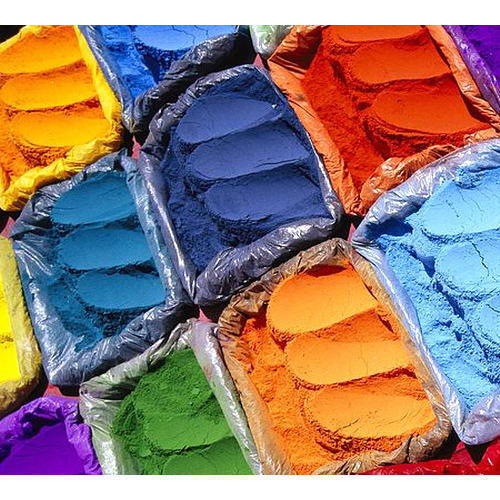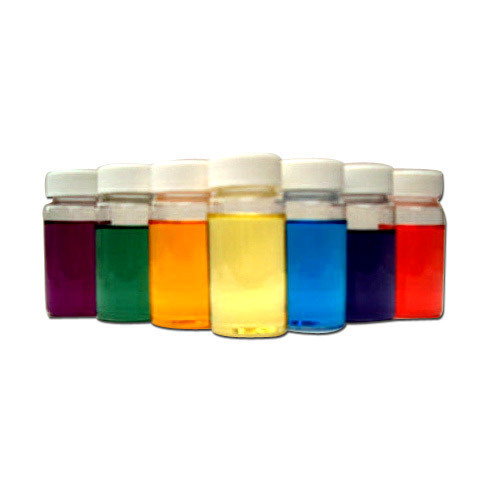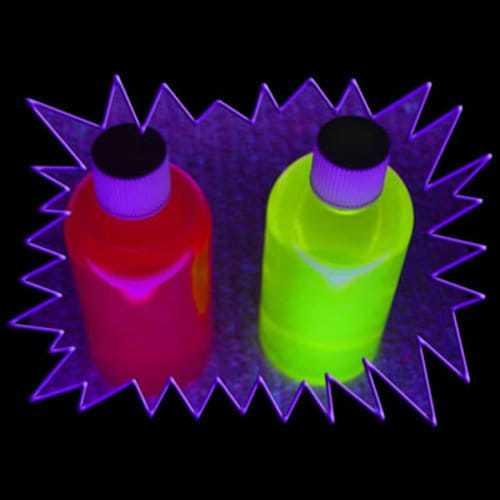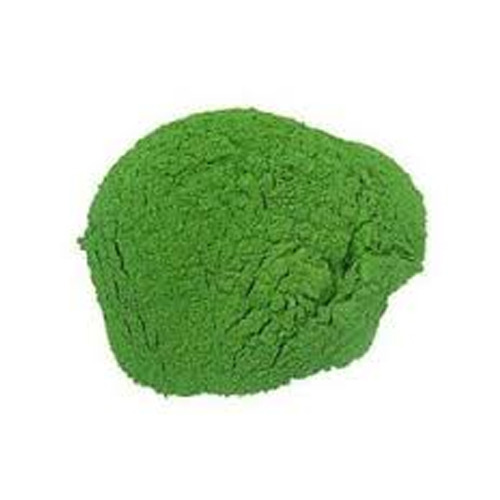Synthetic Dyestuff
Synthetic Dyestuff Specification
- Smell
- Odorless
- Other Names
- Synthetic Dye
- Physical Form
- Solid
- Grade
- Industrial Grade
- Density
- 1.3 Gram per cubic centimeter(g/cm3)
- Poisonous
- Yes
- Ph Level
- 6.0-7.5
- Purity
- 99%
- Molecular Formula
- Varies (typically C.I. number specific)
- HS Code
- 3204
- Solubility
- Soluble in water
- Appearance
- Powder or Granules
- Viscosity
- Not Applicable (solid)
- Shape
- Crystalline/Granular
- Boiling point
- Not Applicable (decomposes)
- Resistance
- Good light & washing fastness
- Structural Formula
- Varies; Azo/Anthraquinone structure
- Taste
- Odorless
- Melting Point
- Varies; often >150C
- Molecular Weight
- Varies as per type
Synthetic Dyestuff Trade Information
- Minimum Order Quantity
- 1 Kilograms
- Supply Ability
- 50000 Kilograms, , Per Week
- Delivery Time
- 3-7 Days
- Main Export Market(s)
- Central America, North America, Asia, South America, Eastern Europe, Western Europe, Australia, Middle East
About Synthetic Dyestuff
Here are some key points about synthetic dyestuffs:
Synthetic Dyestuff Applications:
Superior Performance Across Industries
Synthetic Dyestuff boasts remarkable color strength and superior fastness to both light and washing. This makes it especially effective and reliable for textile dyeing, leather processing, paper manufacturing, and ink production. Its versatility and high level of purity ensure consistent, vivid coloration in industrial applications where quality and stability are essential.
Safe Handling and Storage Guidelines
To maintain product longevity and safety, Synthetic Dyestuff should be kept in tightly closed containers, stored in a cool, dry place away from direct sunlight. Always utilize appropriate protective equipment when handling, as the product is classified as poisonous. Proper storage and handling preserve its stability and ensure user safety throughout its minimum two-year shelf life.
FAQs of Synthetic Dyestuff:
Q: How should Synthetic Dyestuff be applied in textile and other industries?
A: Synthetic Dyestuff is typically dissolved in water for application, making it ideal for textile dyeing, leather coloring, paper, and ink production. The dye is mixed according to process requirements, ensuring even color saturation and optimal fastness properties.Q: What are the main benefits of using this Synthetic Dyestuff?
A: This dyestuff offers high color strength, excellent fastness to washing and light, and broad compatibility with textiles, paper, leather, and ink. Its high purity and industrial-grade stability guarantee reliable, vibrant results across diverse manufacturing processes.Q: Where should Synthetic Dyestuff be stored to maintain its quality?
A: To ensure maximum shelf life and performance, keep the dyestuff in a cool, dry place with the packaging securely closed. Proper storage prevents moisture absorption and preserves its chemical integrity for at least two years.Q: What safety precautions are required when handling Synthetic Dyestuff?
A: Due to its poisonous nature, it is essential to wear appropriate protective gear, such as gloves, goggles, and masks. Avoid inhalation, ingestion, and prolonged skin contact during processing or handling operations.Q: What is the physical appearance and solubility of Synthetic Dyestuff?
A: It is available as a crystalline or granular solid, ranging from powder to granules, and is odorless and tasteless. The product dissolves readily in water, which aids in its versatile application.Q: When does Synthetic Dyestuff reach the end of its optimal use period?
A: If stored under recommended conditions, the dyestuff remains stable and effective for a minimum of two years from the manufacturing date. Check packaging for specific expiration details before use.Q: What makes Synthetic Dyestuff suitable for industrial-grade requirements?
A: Its high purity, excellent resistance to light and washing, adaptable ionic nature, and stable physical form fulfill the strict demands of industrial applications in textiles, paper, leather, and inks.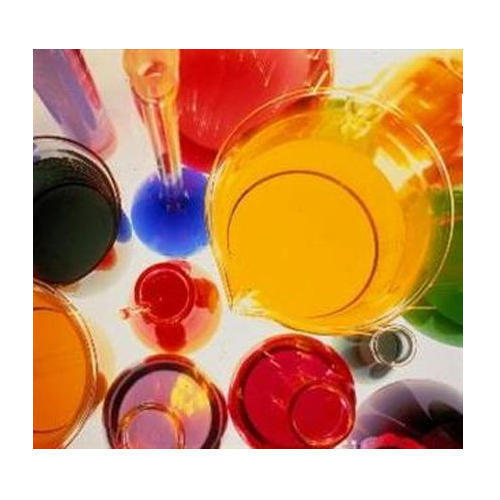

Price:
- 50
- 100
- 200
- 250
- 500
- 1000+
More Products in Fine Chemical Category
Metal Dyes
Price 60 INR
Minimum Order Quantity : 1 Kilograms
Appearance : Powder or Granular
Solubility : Good solubility in water and alcohol
Shape : Other, Crystalline or Amorphous
Molecular Formula : Varies (e.g. C16H10Na2O7S for Select Dyes)
Organic Chemical Dyes
Price 100 INR
Minimum Order Quantity : 1 Kilograms
Appearance : Bright powder
Solubility : Soluble in water
Shape : Other, Crystalline powder
Molecular Formula : C16H10N2Na2O7S2
Wate Dyes
Price 55 INR / Kilograms
Minimum Order Quantity : 1 , , Kilograms
Appearance : Liquid
Solubility : Soluble in water
Shape : Other, Homogeneous solution
Molecular Formula : Varies (depends on color base)
Acid Green Dyes
Price 55 INR
Minimum Order Quantity : 1 , , Kilograms
Appearance : Dark Green Powder
Solubility : Soluble in water
Shape : Other, Powder
Molecular Formula : C37H34N2Na2O9S3
 |
MEGHA INTERNATIONAL
All Rights Reserved.(Terms of Use) Developed and Managed by Infocom Network Private Limited. |
 English
English Spanish
Spanish French
French German
German Italian
Italian Chinese (Simplified)
Chinese (Simplified) Japanese
Japanese Korean
Korean Arabic
Arabic Portuguese
Portuguese
 Send Inquiry
Send Inquiry
